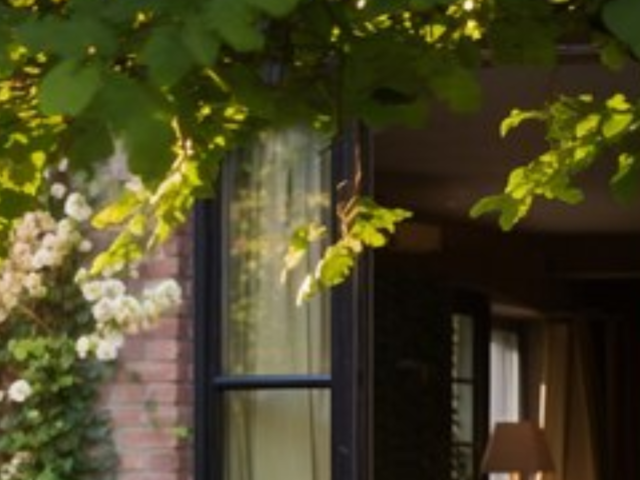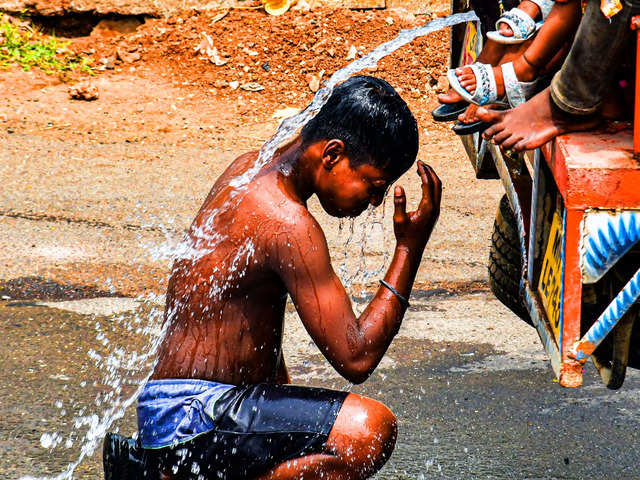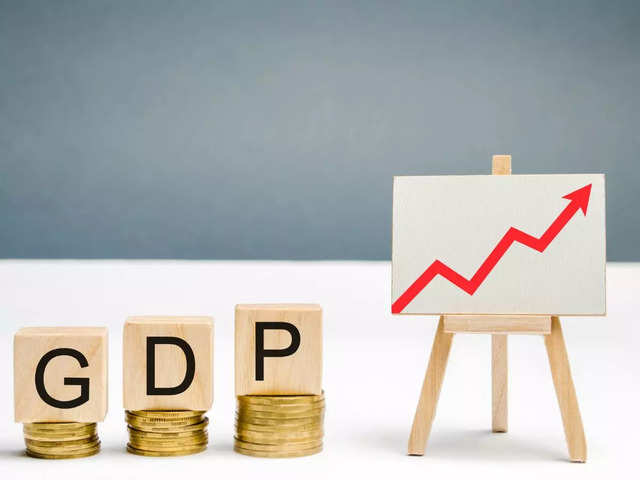
The advertising world has long lagged in diversity, but some agencies are trying to change that

- Racism in the news has renewed conversations on a lack of racial diversity in the
advertising industry. - But some ad employees are concerned that it will take such tragedies to drive industry change, as George Floyd's death did.
- Advertisers have made diversity commitments but a recent study found 50% of companies still don't have DE&I resources.
After the March 16 Atlanta-area spa shootings left eight people dead, six of whom were women of Asian descent, Sai He, an Asian American copywriter, recalled his own experience with racism at an ad agency.
He tweeted that at his first job out of college, in 2016, an executive made racist comments to him, asking whether he eats dogs and whether an Asian person in a video was his cousin and using racial slurs like "ching chong."
He laughed off the comments at the time, unsure of what else to do.
His experience spotlights a longstanding lack of racial diversity in the advertising world, which last year's protests against killings by police brought new attention to.
The industry, which influences global purchasing decisions and is vital for companies trying to reach diverse audiences, remains white and male dominated. In 2019, executives at the major agencies
Walter Geer, an executive creative director at the WPP agency VMLY&R and a rare Black agency creative leader, mentors Black ad professionals. A frequent comment he hears from them is, "I can't believe I'm talking to someone who looks like me because I've never seen a Black executive creative director."
Zeldrick Martin, a Black
Advertisers have made pledges to improve diversity, equity, and inclusion and increase representation of people of color, particularly in the C-suite. But some ad professionals said they were disheartened that it seems to take national tragedies to drive change and expressed skepticism that companies will make good on their promises since they've heard similar pledges before without much improvement.
Andy Burdin, an associate creative director at the production studio Thinkingbox who is Korean American, said he didn't think much about racism until his sister was recently attacked in their hometown in Idaho, held down by two teenagers as they shouted racial slurs at her.
Since then, he's spoken publicly about racism in the ad industry, tweeting about a coworker who once looked at the office dog and then pointed at him, commenting "his people eat you," and another time when a colleague told him and an Asian coworker they looked like twins.
"In the wake of George Floyd, every agency and client was taking some kind of public position," Burdin said. "We saw all these blacked-out squares on Instagram. It's a lot of performative allyship. I've had colleagues reach out to agencies asking if they want to be part of a project helping Black creators and getting a no because it's pro-bono work. What I'm concerned about now is with this rise in Asian American attacks, people are going to experience fatigue."

Advertisers are trying to focus more on diversity
DEI roles increased 113% across industries from 2015 to 2020, but many DEI roles in advertising are functions of human resources. Some say they should be integrated throughout all departments.
Dotun Bello, a copywriter at MDC Partners' Forsman & Bodenfors, said agencies' chief diversity officers are often set up to fail because many don't have advertising experience, limiting their understanding of the people they're meant to support.
The IPG agency R/GA sought to address that issue by naming Jai Tedeschi its first vice president and global executive director of culture and operations. R/GA, one of the few agencies to update its diversity data quarterly, reported in June that BIPOC representation rose by 6.5% at the executive level, 6.2% at the mid-level, and 6.4% at the junior level compared to June of last year.
Some marketers have committed to increasing their spending with minority-owned media companies and agencies.
But to some ad professionals, such commitments feel like lip service.
In a survey by Hue, a nonprofit for improving diversity in marketing, conducted between October and December 2020, 50% of people reported their companies had no DEI resources.
"Companies have not actually delivered on their commitments," the Hue founder Fahad Khawaja said.
Those trying to diversify their staffs also have the challenge that the historic racial disparity means some people of color, like the advertising freelancer Tan Brown, are avoiding full-time jobs in advertising.
"It feels like when you have a dinner party and forget to invite one of your friends so you have to squeeze in an extra chair," Brown said. "You can feel the inconvenience of it. No matter what they say, that feeling does not go away in these rooms."







